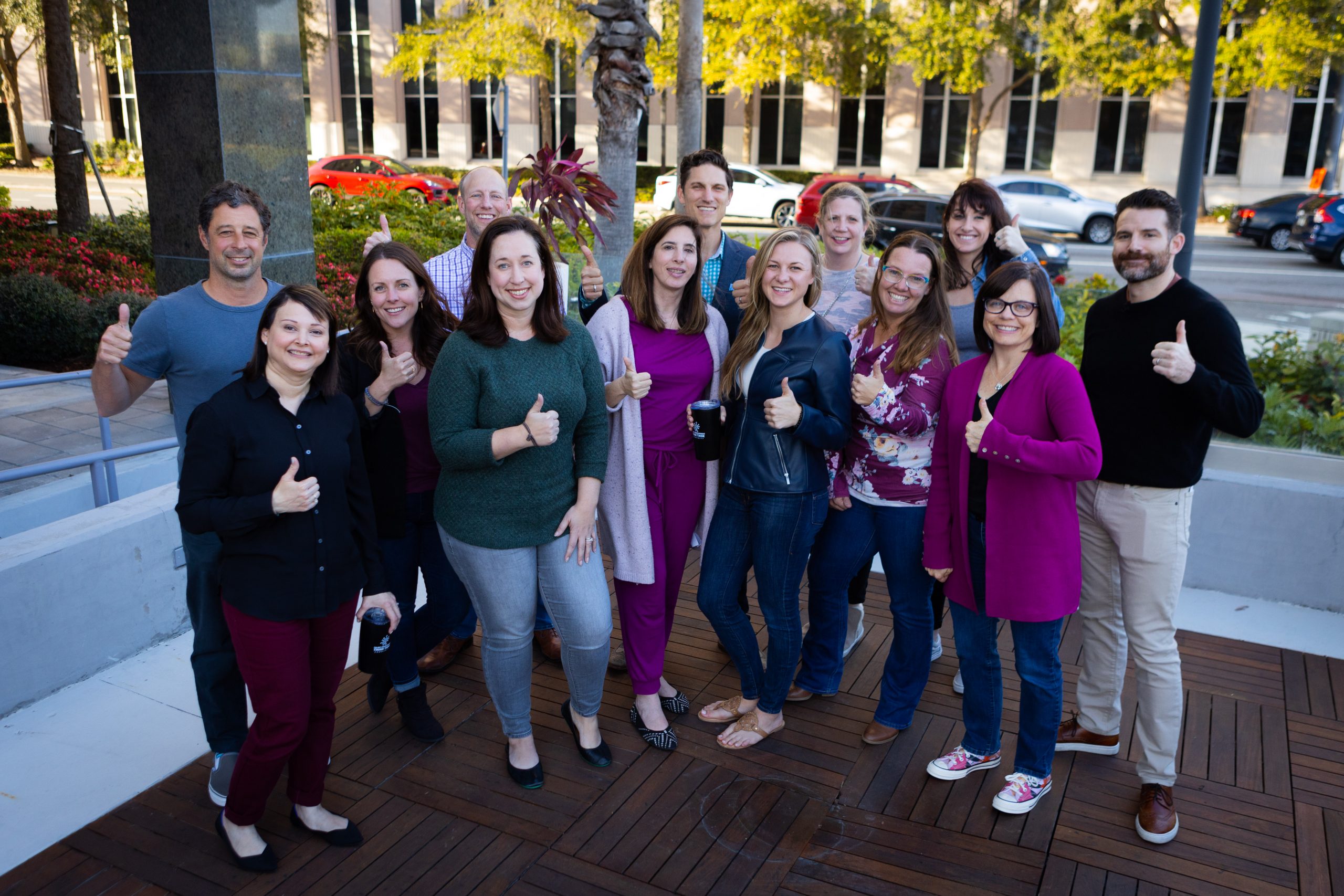Unlocking the Power of Community Building for Workplace Success
In today's fast-paced and dynamic work environment, fostering authentic connections and a sense of belonging in workplace communities is crucial for talent development professionals. Not only do such connections contribute to increased employee satisfaction and retention, but they also lay the groundwork for enhanced teamwork, productivity, and overall success.
I'm Andy Storch, host of the Talent Development Think Tank podcast and Think Tank Community and I've spent years building communities and helping talent development professionals like you create inclusive, empowering spaces where everyone feels valued and connected.
In this blog post, I will guide you through five essential steps to help build a thriving workplace community, where employees feel valued and are empowered to grow both personally and professionally:
1. Identify shared interests or common goals among employees.
In order to identify shared interests and goals among employees, leaders should actively engage in frequent conversations with their team members. This can be done through informal chats or virtual coffee breaks, team-building activities, and regular check-ins during meetings. It's also vital to create a safe and open environment where employees feel comfortable sharing their thoughts, opinions, and experiences. By promoting honesty and transparency, leaders show their commitment to understanding each individual's needs, concerns, and motivations, and encourage others to do the same.
By actively promoting communication, inclusivity, and collaboration, leaders can catalyze strong professional relationships among team members that transcend mere workplace connections, and instead foster genuine camaraderie and alliance. This not only contributes to a culture of unity but also has the potential to significantly impact employee satisfaction, retention, productivity, and overall organizational success.
2. Establish clear benefits for community participation.
Clear benefits can serve as an important tool for employee retention and attraction, especially in today's competitive job market. Prospective employees are often drawn to organizations with robust internal communities, as they perceive them to be places where they can develop both personally and professionally.
Existing employees, on the other hand, may find that the supportive environment provided by an engaged community enhances their job satisfaction, making them more inclined to stay with the organization long-term.
By emphasizing the value of belonging, offering tangible growth and networking opportunities, and fostering a collaborative environment, leaders can create a strong sense of company culture and loyalty among employees. This, in turn, leads to positive business outcomes, such as improved talent retention, enhanced job satisfaction, and increased innovation.
3. Encourage a sense of belonging among team members.
Talent development professionals can leverage various tools and platforms to create engaging team-building experiences that cater to diverse preferences and learning styles. These activities should be fun, thought-provoking, and adaptable to different group dynamics, allowing team members to forge deeper connections and understand each other’s strengths and weaknesses better.
A crucial aspect of fostering a sense of belonging is recognizing and celebrating the diverse backgrounds and identities of team members. This can be done by promoting cultural awareness and inclusivity through training, workshops, and events that showcase the unique aspects of different cultures and experiences. Talent development professionals should also champion diversity and inclusion initiatives, policies, and practices that support and empower underrepresented groups in the workplace. By actively promoting inclusion and making a concerted effort to understand and value the perspectives of all team members, talent development professionals contribute to an environment where everyone is inspired to bring their whole selves to work and can fully engage with their colleagues and the organization’s mission.
4. Foster equality and value all opinions.
One effective way to foster equality and value all opinions is by implementing regular feedback sessions and open forums that encourage active participation from all team members. These platforms provide an opportunity for employees to voice their ideas, concerns, and perspectives, promoting a sense of belonging and connection to the organization. When team members feel valued and know that their opinions matter, they become more engaged in the discussions, leading to more innovative ideas and solutions.
5. Provide ongoing value through personal and professional growth.
When employees feel that they are being supported in their development endeavors, it demonstrates the company's commitment to their growth and future success. This support can not only contribute to increased job satisfaction but also motivate employees to remain in the organization long-term.
Ultimately, building a thriving workplace community centered around personal and professional growth requires ongoing effort and thoughtful leadership. This entails creating a supportive work environment where team members feel comfortable discussing their development goals with managers and colleagues. Leaders who take the time to listen, understand, and support these aspirations are more likely to create a trusting relationship that fosters genuine connections and a sense of belonging among employees. Additionally, providing employees with access to relevant resources, such as training programs, mentorship opportunities, and networking events, can empower them to take charge of their own growth, further enhancing the overall value of the workplace community.
As talent development professionals, creating cohesive workplace communities is essential in driving both personal and professional growth among employees. By implementing the steps shared in this blog post, you'll not only encourage authentic connections, but also cultivate an inclusive and harmonious work environment.
Listen to the podcast episode here:
Join us in the Think Tank Community!
The Talent Development Think Tank Community is where talent development professionals come together to share best practices, discover the latest trends, hear from experts and solve challenges so that they can perform better in their jobs and help their companies develop their people more effectively. If you are looking for new ways to engage and develop your people and accelerate your career success, this is the place for you. We have two levels to accommodate the different phases of where you are in your talent development career and journey.

